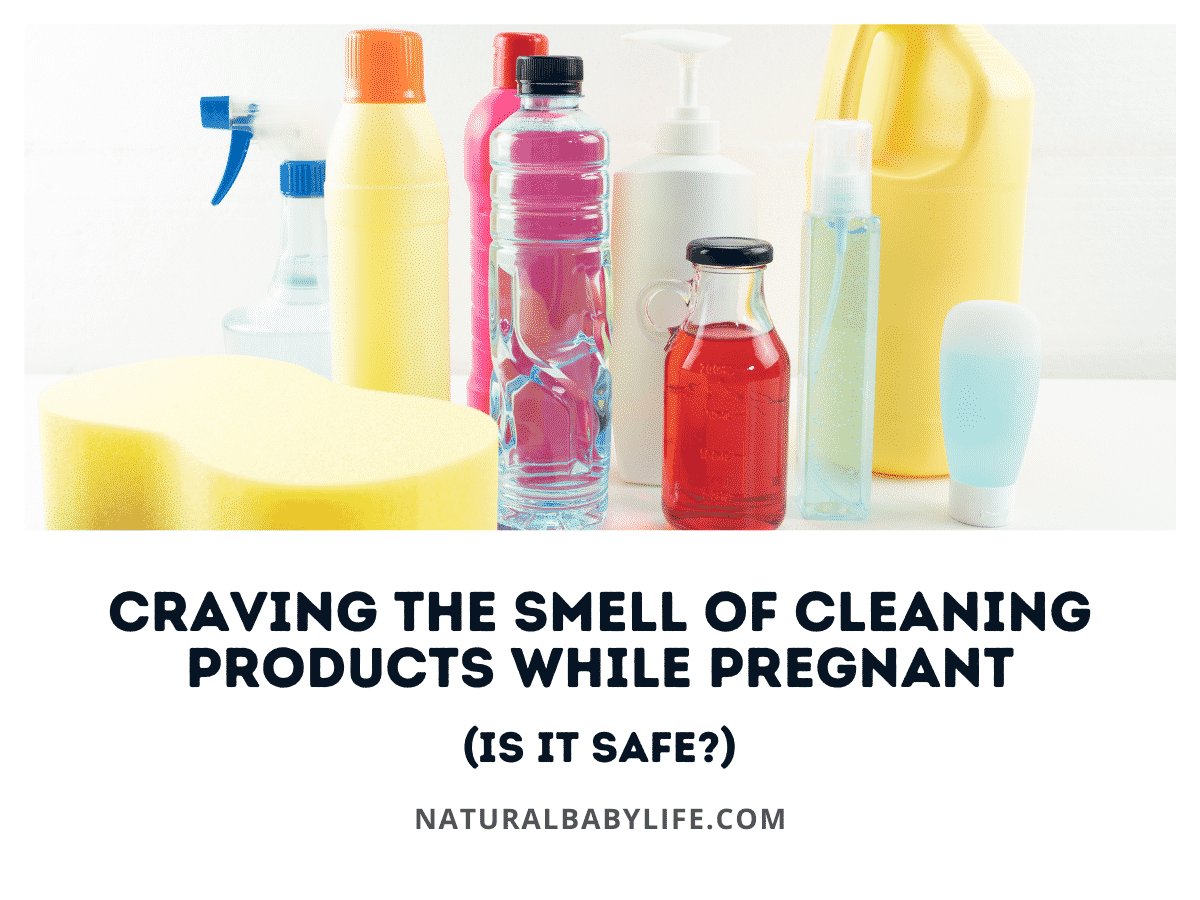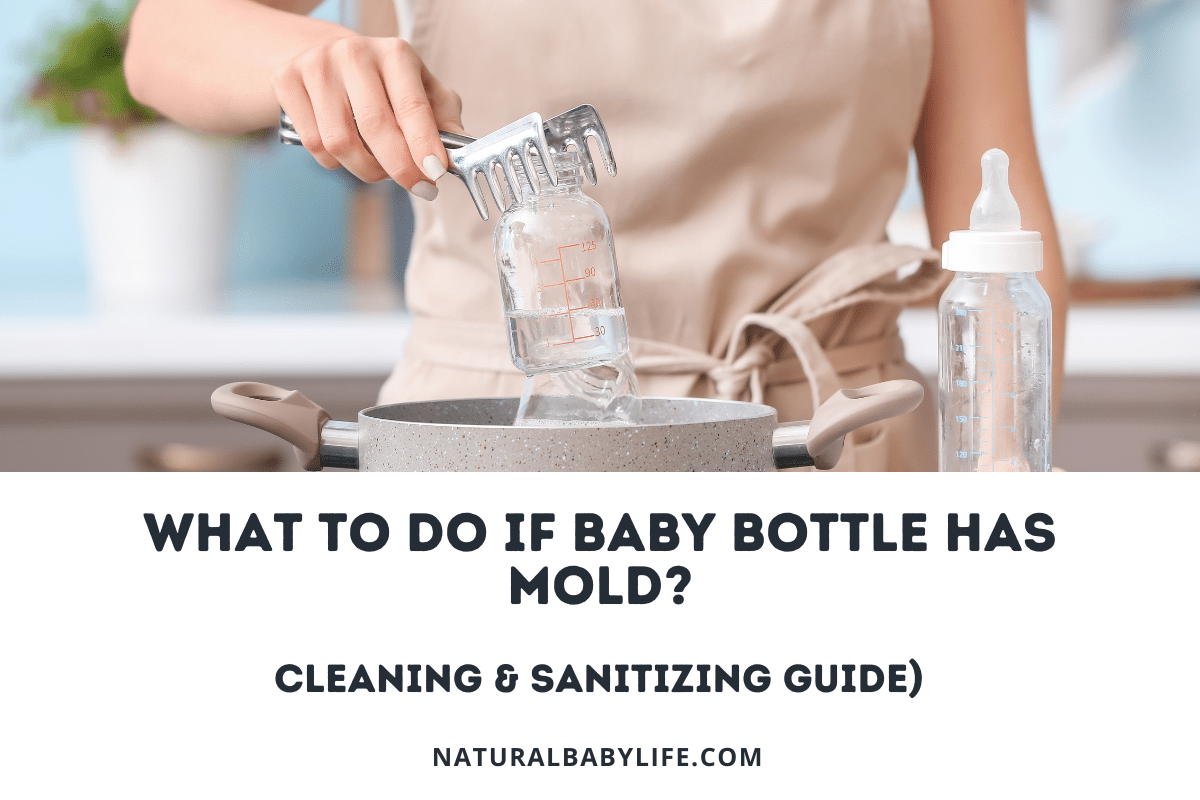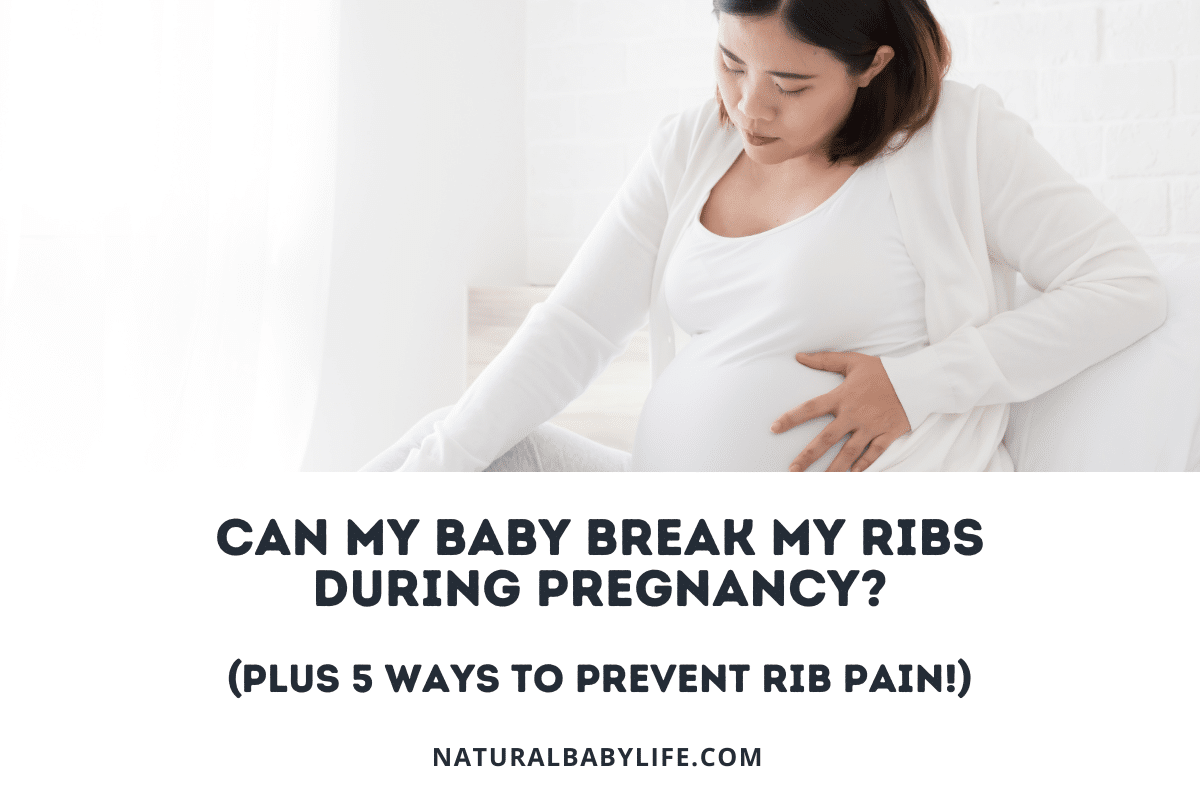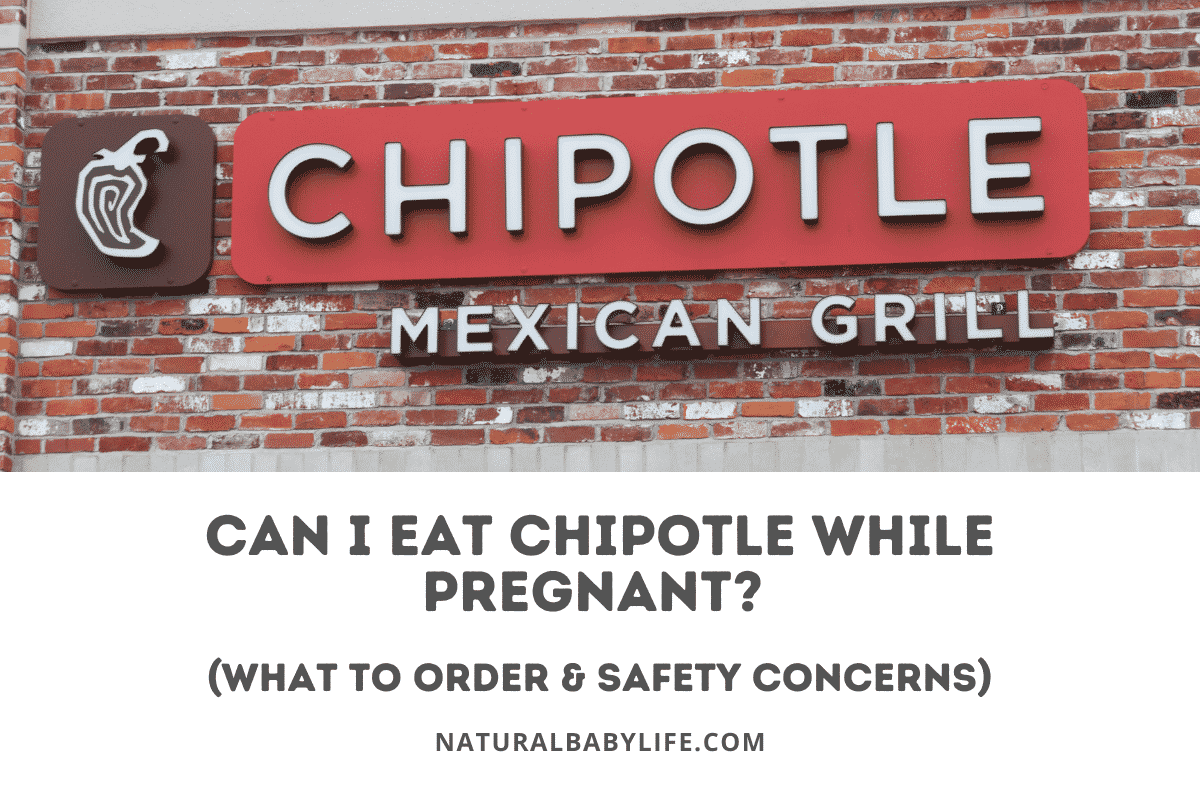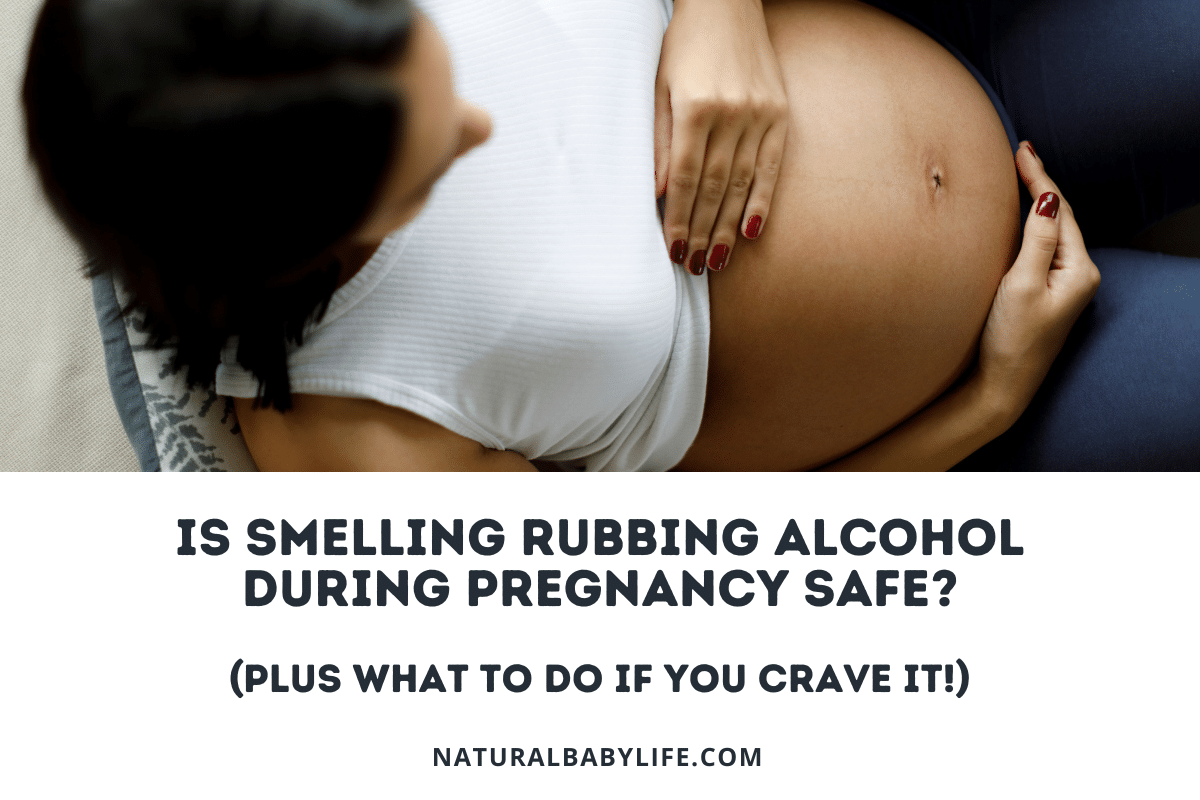Pregnancy brings about so many physical and emotional changes that may feel like they come out of left field and are completely unexpected. Cravings are not only limited to food but to smells as well. If you are craving the smell of cleaning products during your pregnancy, you might ask yourself if this is normal, and more importantly, is it safe?
Craving the smell of cleaning products during pregnancy is common and is generally safe, as long as the exposure is minimal and in short periods. Prolonged exposure can lead to birth defects and developmental issues. The smell craving can be attributed to pica and desiderosmia which are conditions linked to iron-deficiency anemia in pregnant women.
Read along as we discuss the ins and outs of craving the smell of cleaning products while pregnant and safety concerns about this.
Table of Contents
Is it normal to crave smells during pregnancy?
Everyone knows pregnant women will experience a variety of food cravings during pregnancy, but what about craving the smell of certain things?
Craving for smells of cleaning products during pregnancy is normal and is observed to be related to pica and desiderosmia. These two conditions are often linked to iron deficiency anemia in pregnancy.
Desiderosmia – the craving of smelling something – is often associated with pica and both conditions can occur at the same time but the presence of one condition doesn’t necessarily mean that the other condition will appear as well.
Pica can be present in 25 to 30 percent of children, and a lower percentage in pregnant women. If you are having symptoms that point to pica or desiderosmia, it is important to talk to your doctor to see if there are underlying health conditions that should be addressed.
What is pica during pregnancy?
The craving for smells during pregnancy can be related to pica and this includes craving the smell of cleaning products. This behavior is normal and is generally safe, as long as you don’t expose yourself to cleaning solutions and harmful chemicals for a long time.
Pica is a condition that occurs when somebody is craving non-food objects. It is often related to iron deficiency anemia which is common with pregnant women especially those who are around the first trimester. Because of this, it is thought that pica can be brought about by deficiencies in iron and B vitamins which are both important nutrients needed by pregnant women.
It is derived from the Latin word pica, meaning magpie. This is attributed to the fact that magpies are birds who are scavengers and will eat absolutely anything. Pica can happen at any time and can affect anybody but it is a common condition with pregnant women.
Pica is considered an eating disorder and even though the condition has been around for some time, there are not enough scientific studies that are performed regarding the occurrence of pica. It is believed that if a pregnant woman is going through pica that her body is lacking some nutrients or minerals which leads to cravings for objects that are not made for human consumption.
Pica during pregnancy can also be attributed to the changes in hormonal levels during pregnancy, cultural issues, and biochemical reactions.
In general, pica is not a harmful condition and is fairly common in pregnancies. The more important thing is to determine if there is an underlying health issue that you are experiencing that is linked to pica. If you are having uncontrollable cravings for non-food objects, it’s best to talk to your doctor to eliminate anything serious and to get proper medical professional advice.
What is desiderosmia during pregnancy?
Craving for specific smells is normal and this includes craving for the smell of cleaning products while you are pregnant. Some cleaners have strong smells that might be attractive to you and some cleaning products have pleasant smells. This is completely normal and safe, as long as you don’t expose yourself to these chemicals for an extended amount of time. This craving is also known as desiderosmia.
Desiderosmia is a lesser-known condition that is more specifically linked to a craving for specific smells during pregnancy. Like pica, desiderosmia can be attributed to iron-deficiency anemia in pregnancy and is considered normal.
Is smelling cleaning products bad during pregnancy?
Craving the smell of cleaning products while pregnant is quite normal and linked to Pica or Desiderosmia which can be caused by iron-deficiency anemia. Many chemicals can be found in cleaning products that may pose harm to you and your baby especially with prolonged exposure. Some chemicals in cleaning products can be toxic, and while exposure to a small amount is fine, it is safer to avoid specific toxic products while you are pregnant.
Most chemicals that you will come across in everyday life won’t harm you or your baby. The concern arises when you are exposed to these chemicals for a prolonged amount of time because this can lead to an increased risk of future health problems for your baby such as congenital disorders.
If you swallow or breathe in the chemicals from cleaning products, it can enter your bloodstream and make its way to your placenta which can make its way to your baby. If you need to handle cleaning products while pregnant, it’s best to put on gloves to minimize direct skin contact and avoid breathing the fumes.
Can inhaling cleaning products cause miscarriage?
The CDC states that chemical disinfectants and sterilants, which are also known as high-level disinfectants can increase your chances of miscarriage or preterm birth.
Overall, inhaling cleaning products is okay if you are only doing it occasionally and avoiding prolonged exposure to it. Regular exposure while cleaning should be fine, but make sure the area is well-ventilated.
Bleach and other chlorine-based cleaning products
The main active ingredient in bleach is sodium hypochlorite which is an important factor in removing stains and performing disinfecting functions.
There are not enough scientific studies to determine if exposure to this kind of chemical will not result in harmful effects on your baby. Because the studies are inconclusive, it is best to steer away from prolonged exposure to bleach.
Bleach and other cleaning agents can harm your unborn baby which means that you should limit your exposure to these chemicals, especially during pregnancy. If you have to handle bleach, you have to practice precautions to minimize your exposure to it and lessen its detrimental effects on you and your baby.
It is also possible that prolonged exposure to bleach might lead to your baby developing wheezing problems later on in life. This is due in part to the fact that these chemicals can get into your body and affect the development of your baby’s organs. This is why it is recommended to minimize exposure to bleach, especially during pregnancy.
Windex and other ammonia-based cleaning products
Windex is a popular window cleaning tool that has ammonium hydroxide or an ammonia solution.
There is no evidence that exposure to ammonia can lead to birth defects or other development problems with your baby. Additionally, it is not known if ammonia can transfer to your baby through the placenta or breastfeeding.
Since there are no conclusive studies about ammonia and pregnancy, it is best to avoid prolonged exposure to this chemical just in case. Prolonged exposure to ammonia might cause nausea so it is best to avoid unnecessary exposure to this chemical.
Pine-Sol and other all-purpose cleaners
Pine-Sol is a popular example of an all-around cleaner that can be seen and used around your household.
Toluene is an ingredient of Pine-Sol, which has been linked to pregnancy complications, developmental delays in children, and birth defects.
According to OSHA, breathing high levels of Toluene during pregnancy can affect mental ability and growth in children. There is also evidence that exposure to Toluene can cause miscarriages. Because of this, it is best to steer clear of any cleaning products that have Toluene in them as the main ingredient.

